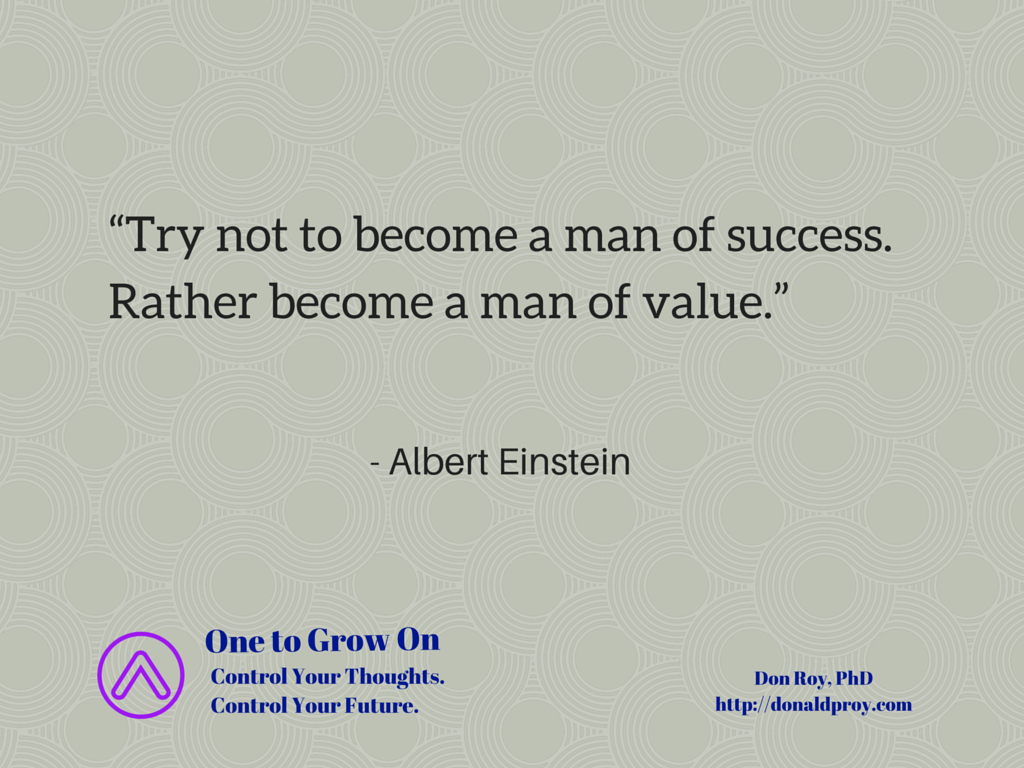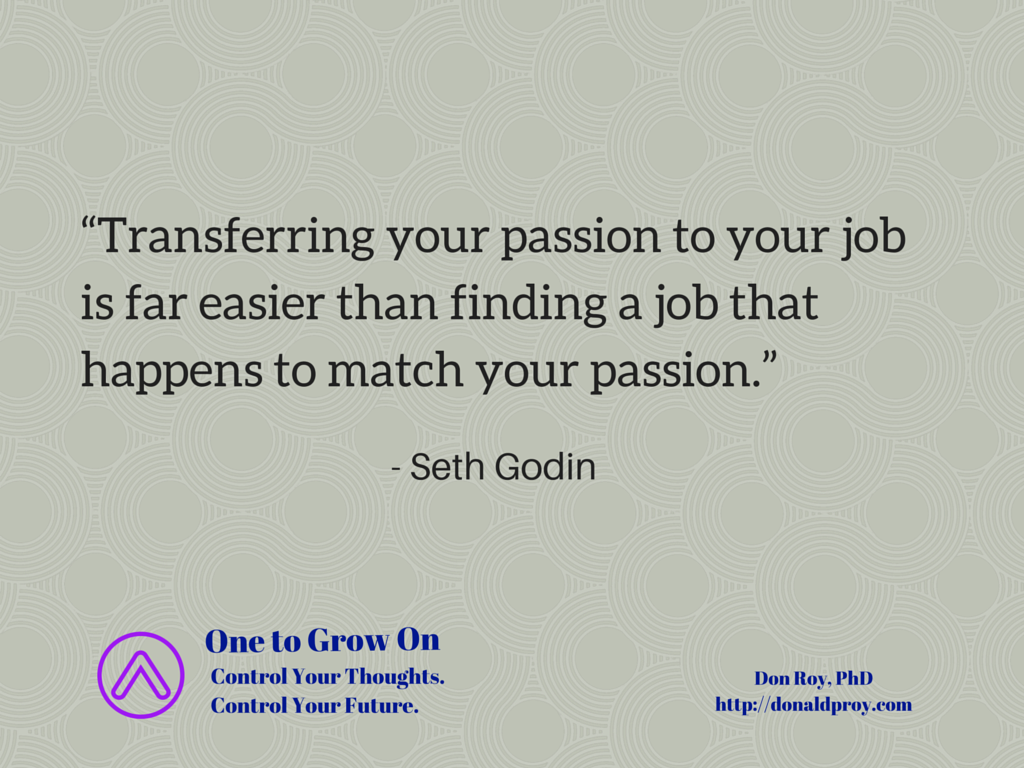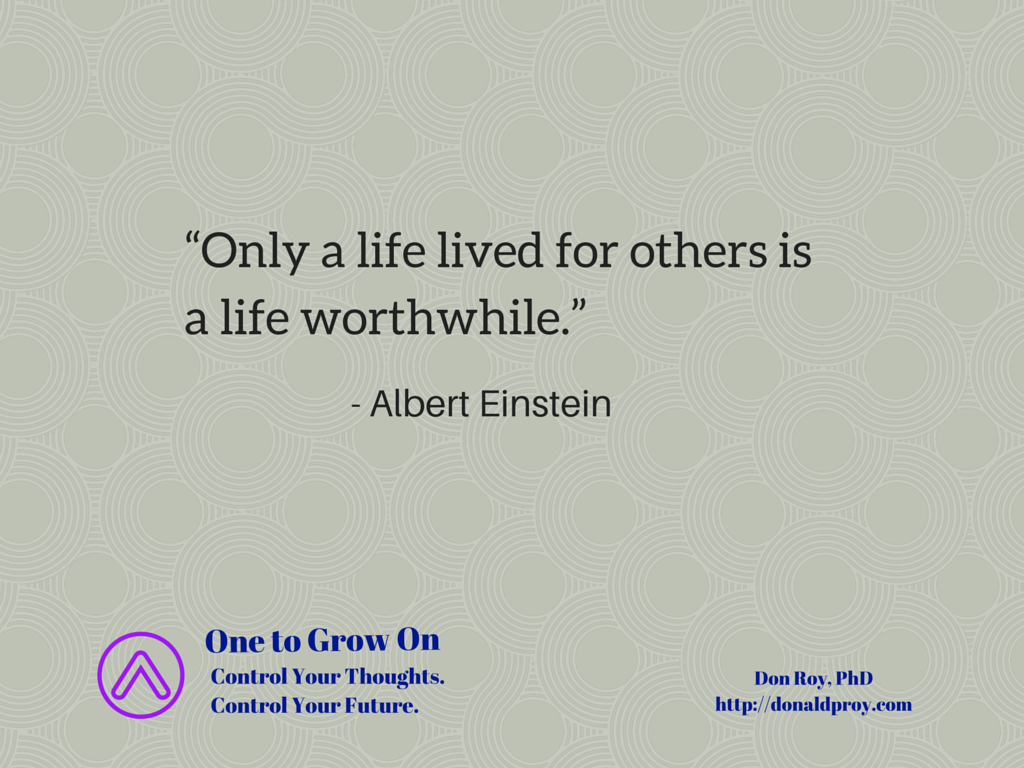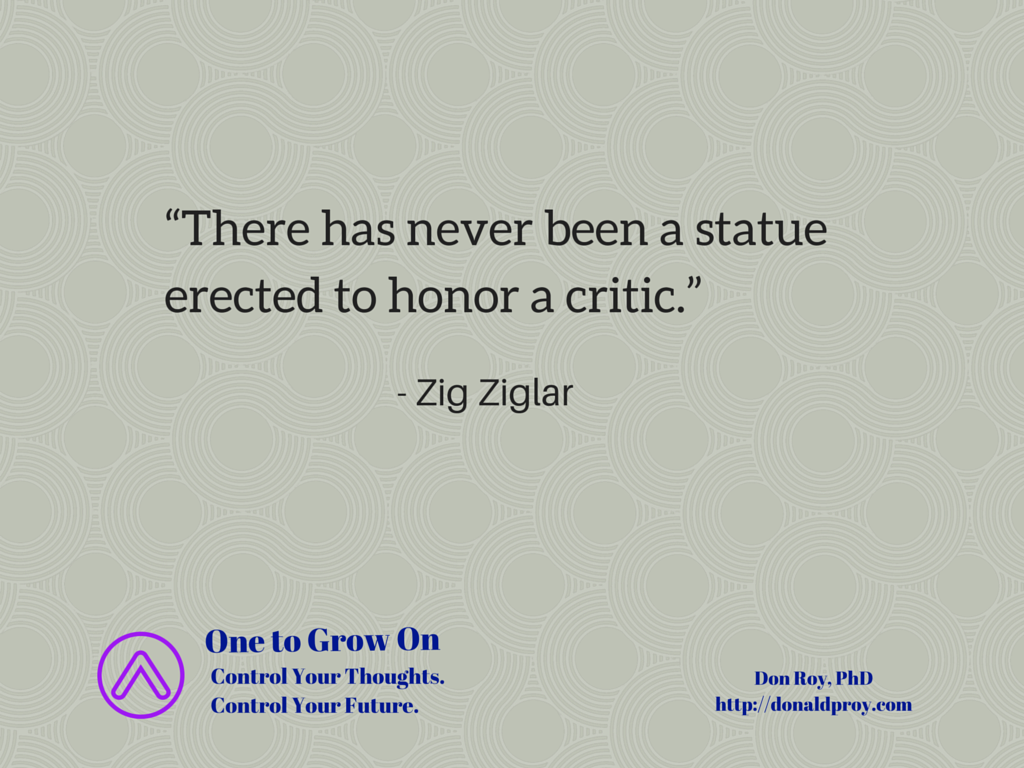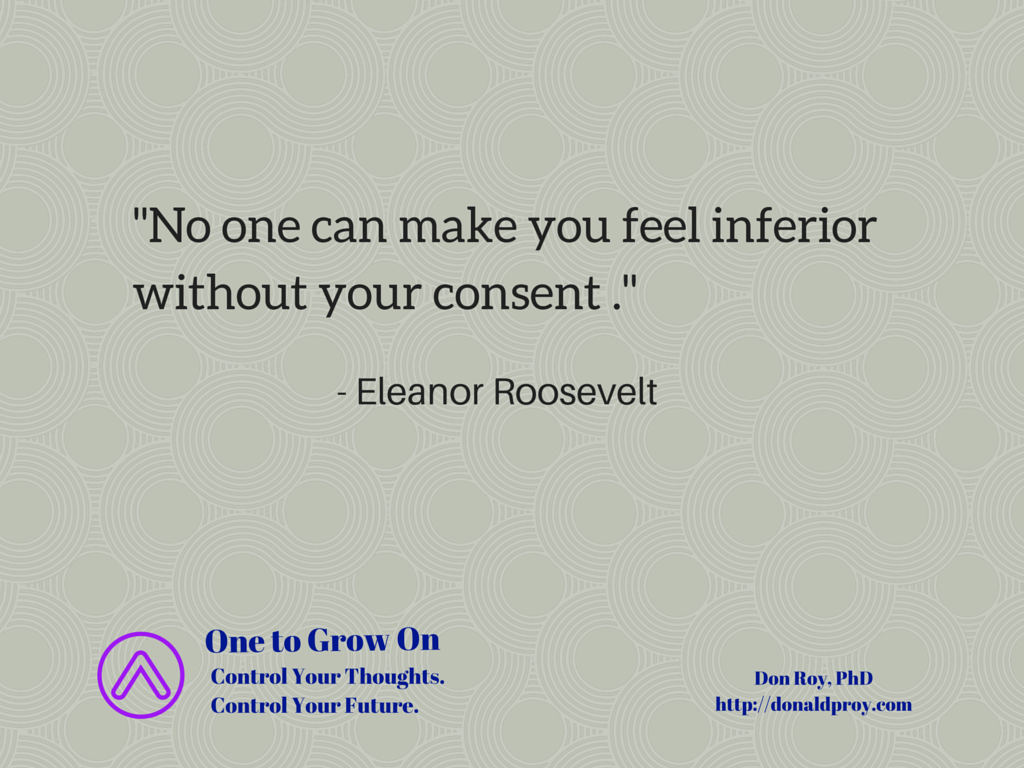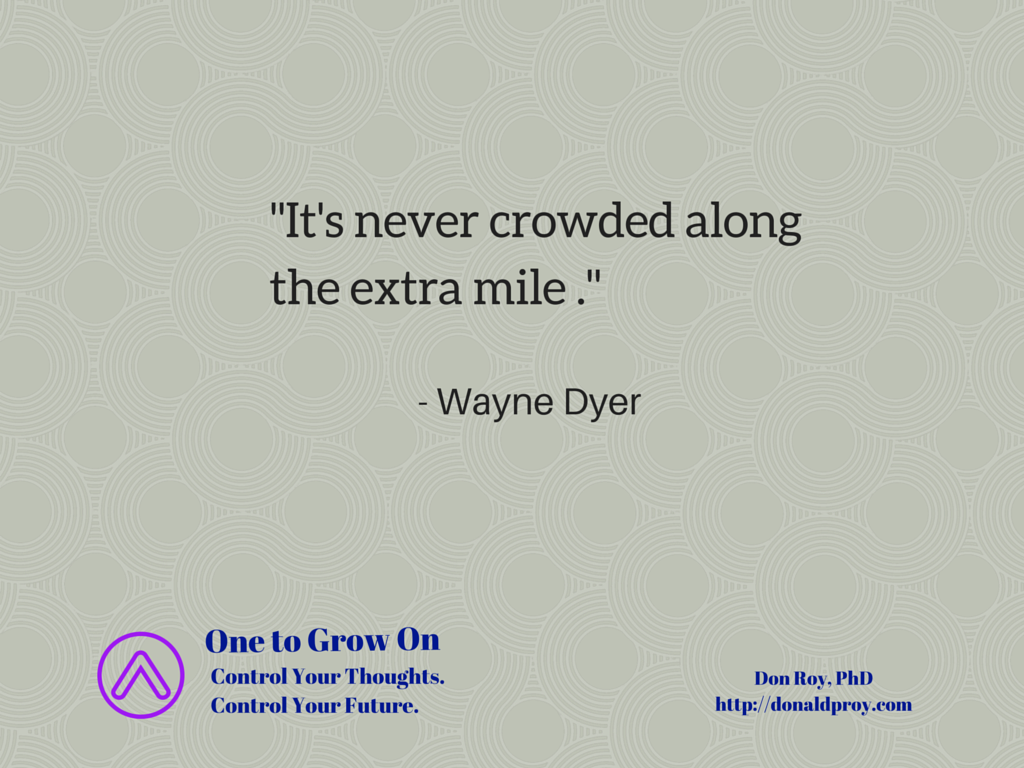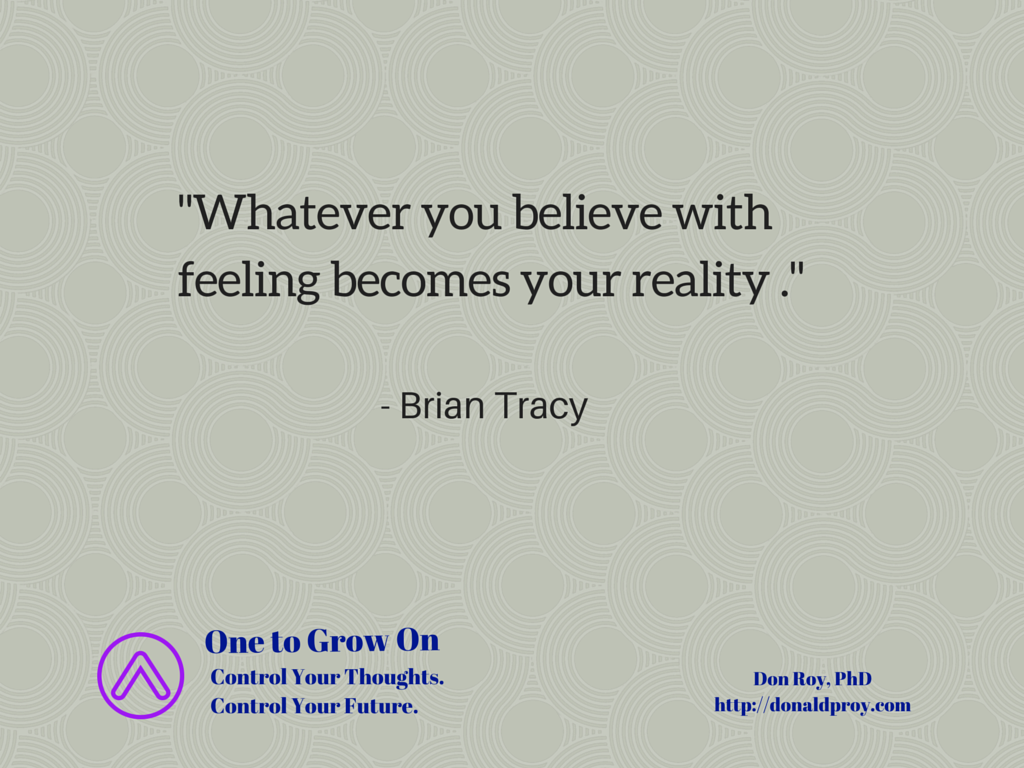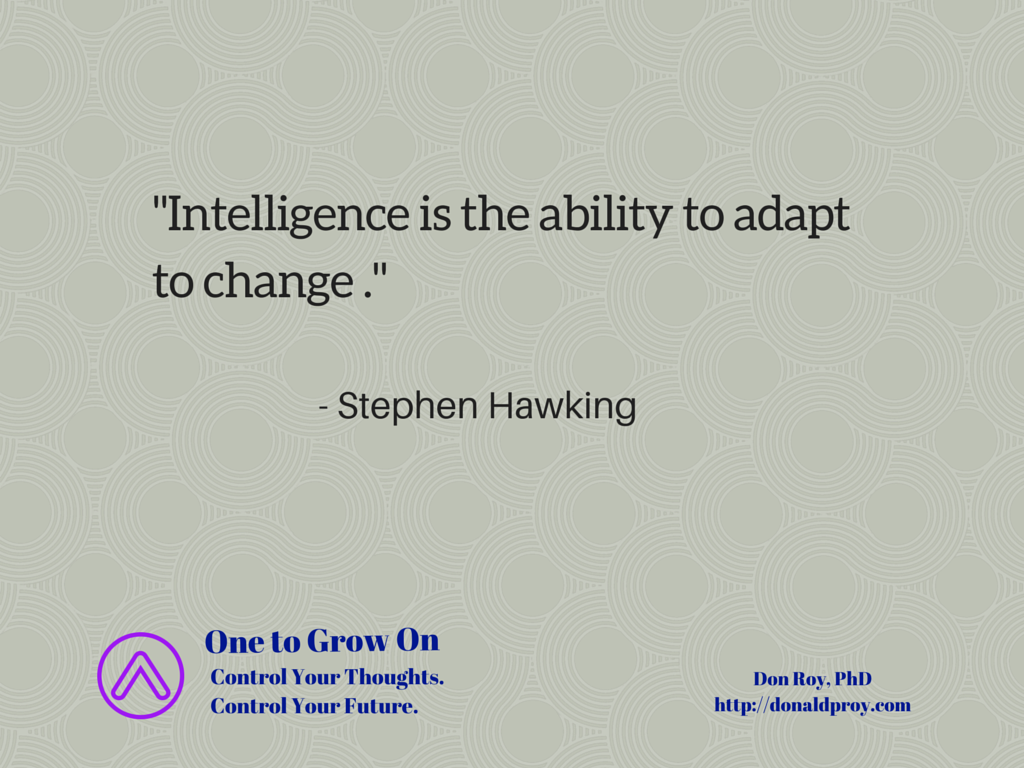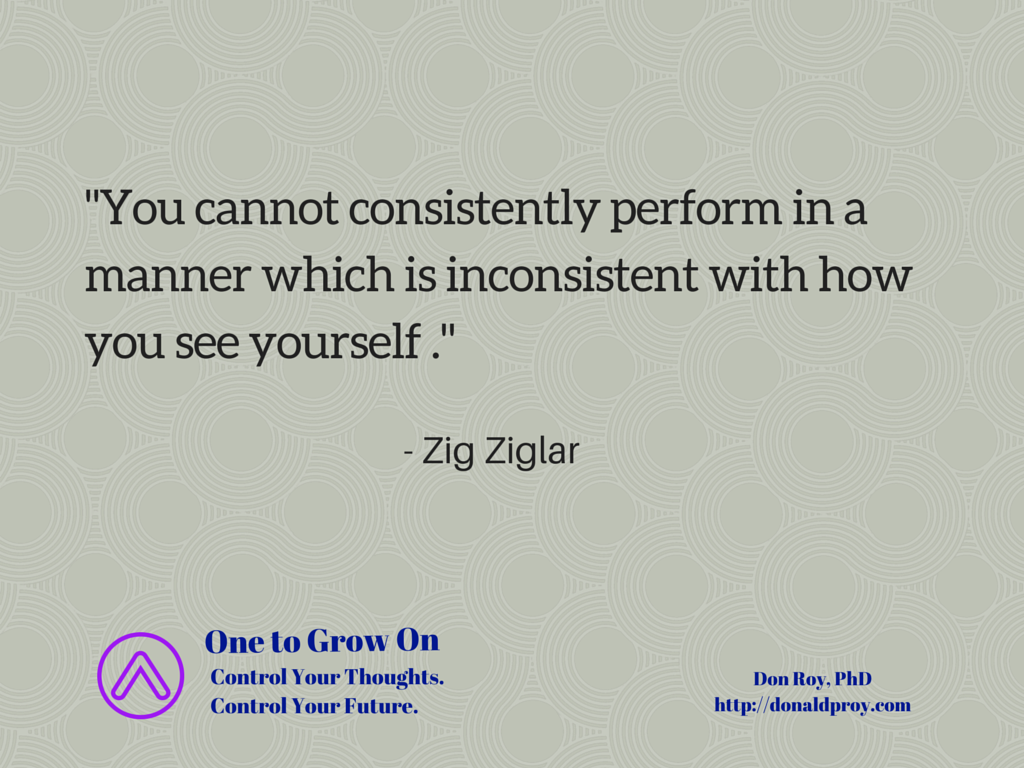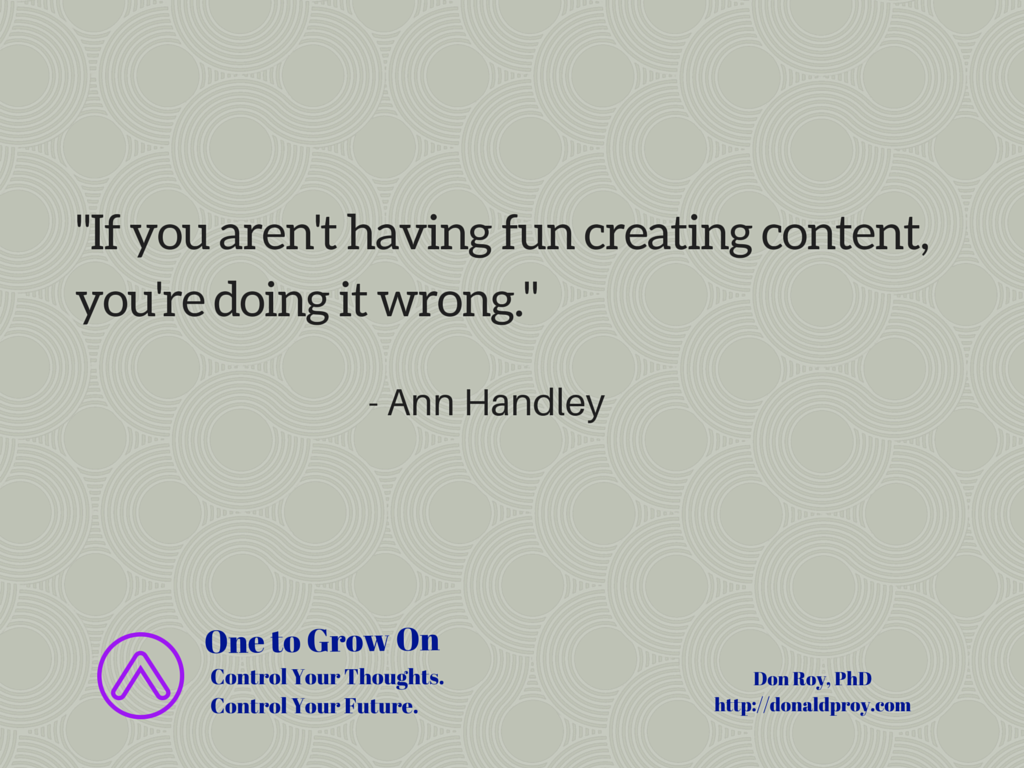My wife texted me a list of items to buy while I was at the supermarket one evening recently. One item on her list was golden delicious apples, which I managed to overlook. So, I knew there was only one way to correct my oversight: Go to the supermarket first thing the next morning and buy golden delicious apples. As I walked up to make my selection, I noticed the apples were arranged perfectly in rows. A sense of guilt came over me as I was about to undo the splendid appearance of the apples. The employee responsible for this work of art was still in the area, and I jokingly asked his permission to mess up the display. He laughed and said “go ahead, it’s job security.” Yes it was.
A Demand for Value
Why was a task so seemingly routine as arranging fruit a source of value for me? The appearance of the display attracted my attention, recognizing the product I sought immediately. Also, the display conveyed a message of quality and was part of a produce department that had a presentation that was inviting and conducive to a positive customer experience. We are all consumers, so there is no need to persuade you there is a demand for products, services, and experiences that create value for us. People are not interested in buying stuff as much as they are interested in what the stuff does for them (i.e., how it creates value).
Another recent encounter as a consumer reinforced the notion of an ongoing demand for customer value. Our dryer was not performing its primary task: Drying clothes. I had called two different appliance repair services in the past, but another business caught my eye as I searched online for a solution. I read customer reviews on this individual, and common themes were fair pricing and customer concern. After giving this business a call and having the proprietor service my dryer, the reviews were confirmed. This person created value by building trust and competently performing the service he promised. Guess who I will be referring business to anytime a friend is looking for an appliance repair service? Thank you, Mike Jarrett, owner of Mike Way, for the value you offer to your customers daily.
Strive to Add Value
Albert Einstein will forever be remembered as a brilliant man, yet his words of wisdom that are this One to Grow On quote are strikingly simple. Instead of chasing success (whatever form that might take), focus on being a person of value- to your family, friends, co-workers, customers, community, and even strangers- anyone whose path you cross. When you focus on creating value for others, it almost always will be noticed. It may not be today, next month, or next year, but if you commit to be a source of value for others it will likely be recognized and often rewarded. The nature of the rewards can vary from a “thank you” to customer testimonial, award, raise, or promotion, all of which are indicators of success. Thus, if you make being a source of value your focus, the trappings of success often follow.

